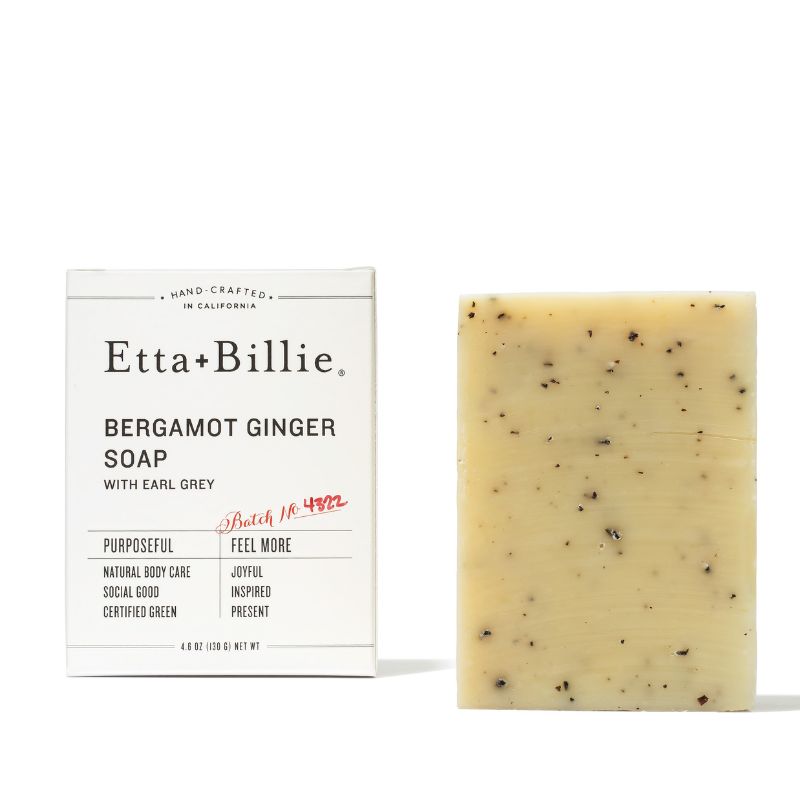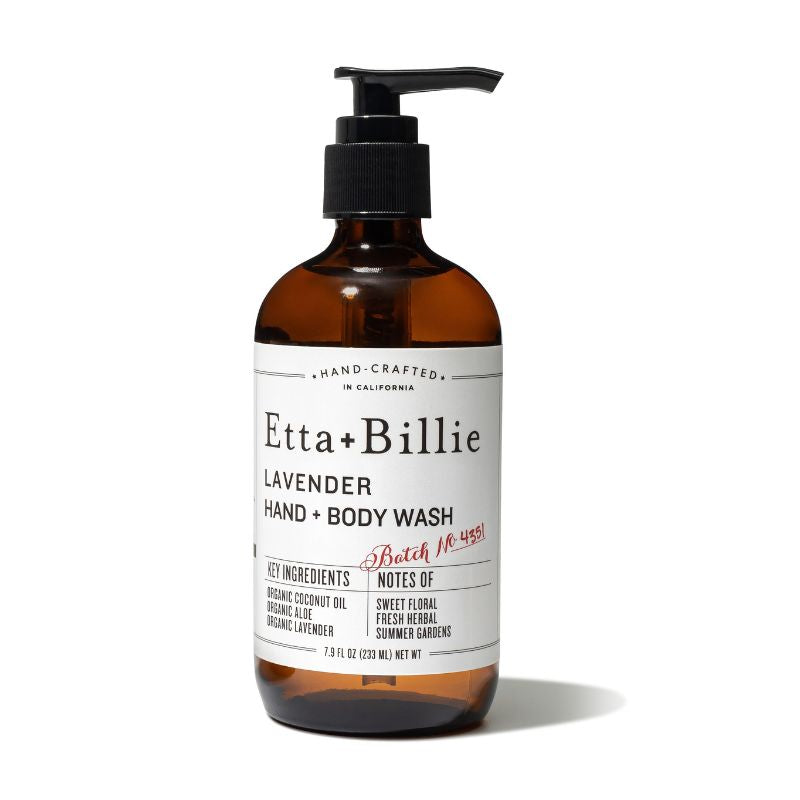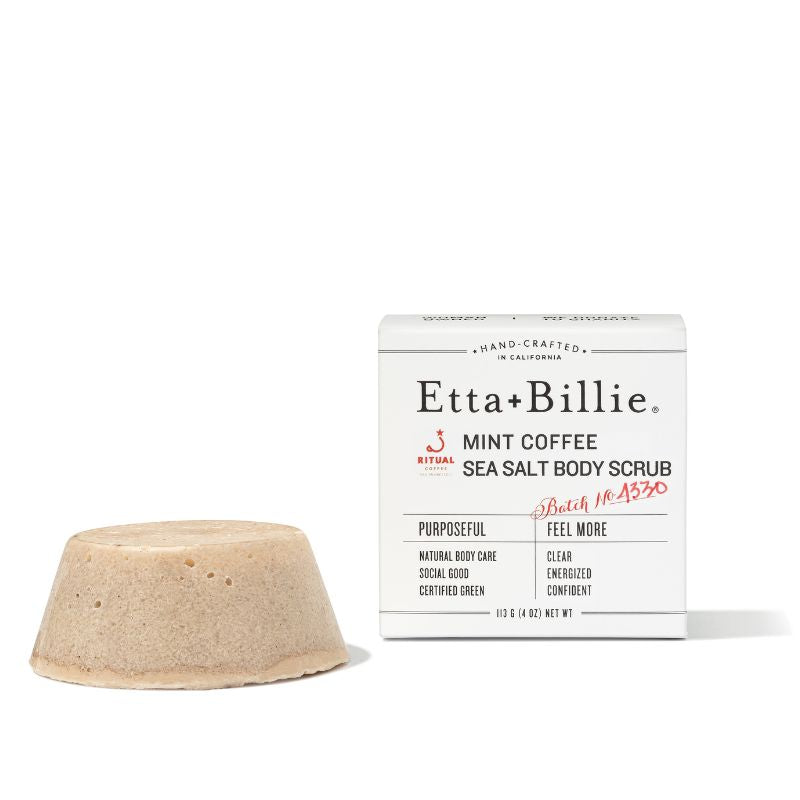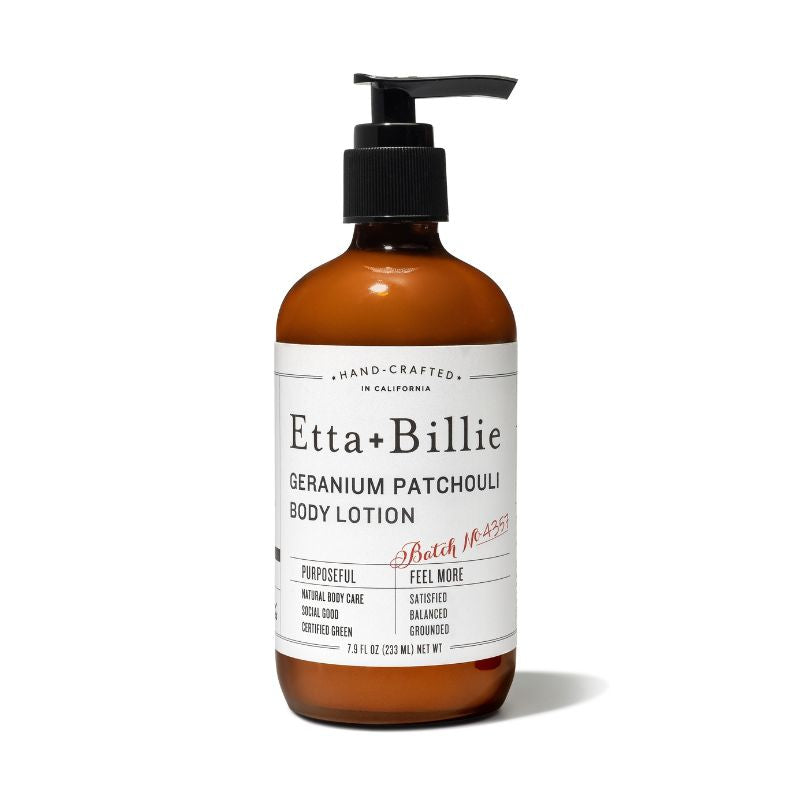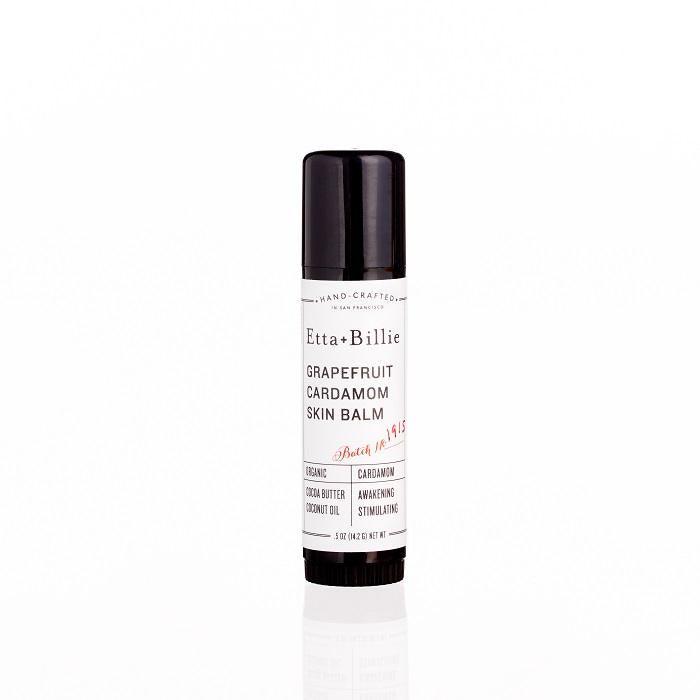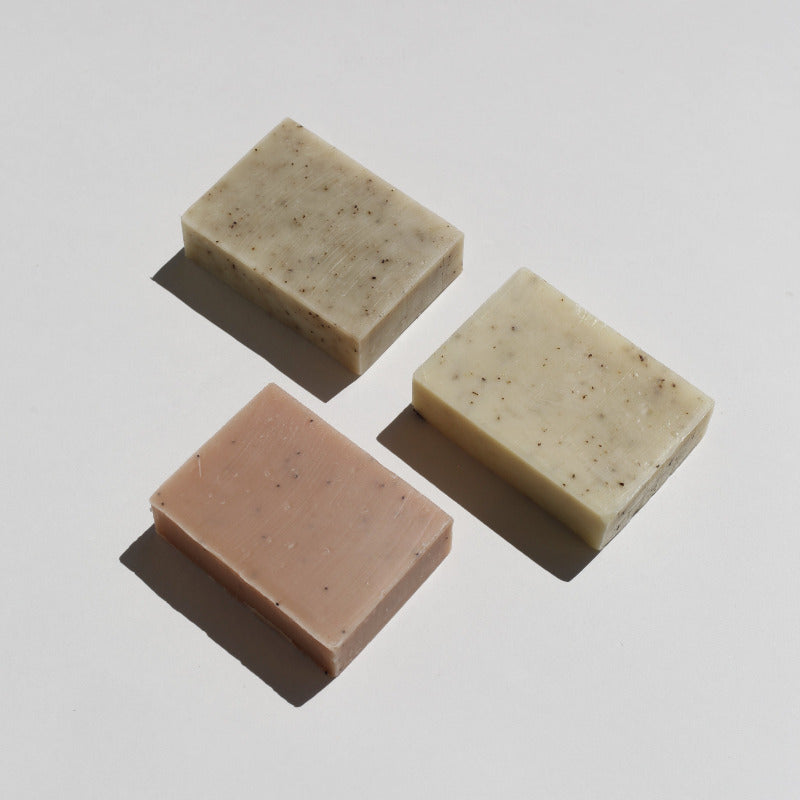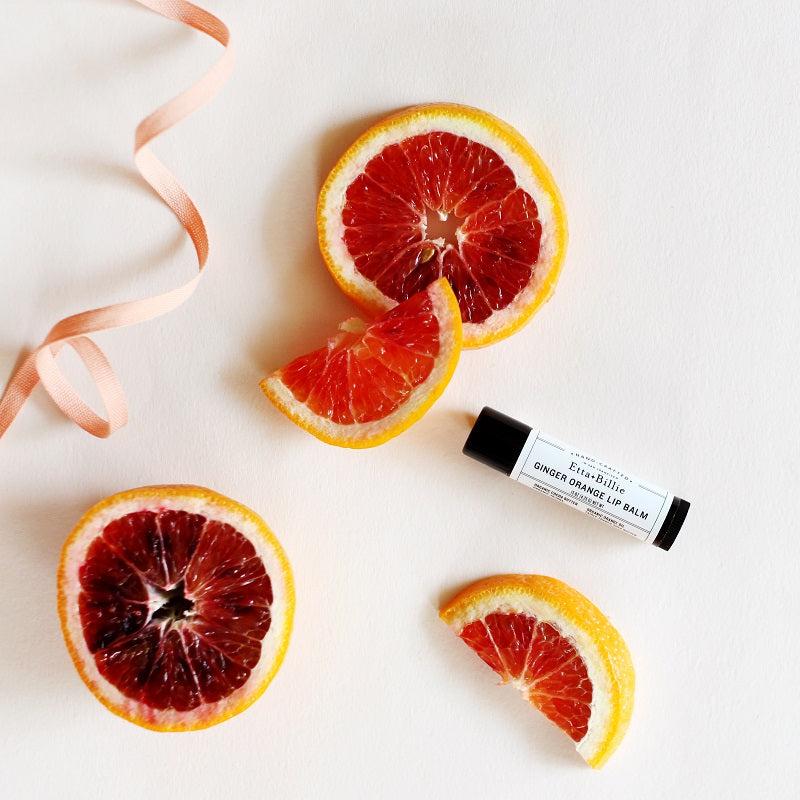Your Cart is Empty
OUR NEXT LIMITED EDITION ReLEASE IS SUMMER 2024
OUR NEXT LIMITED EDITION ReLEASE IS SUMMER 2024
MOISTURIZE
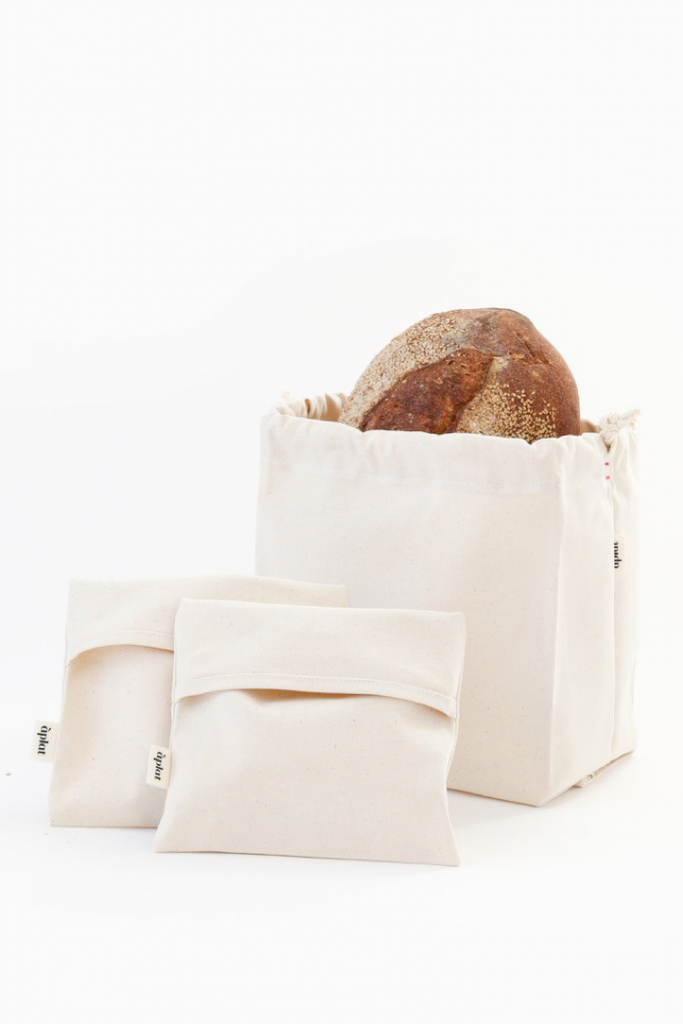
Earth Day – Zero Waste Kitchen Guide
April 19, 2019 2 min read
We love Earth Day! If there is one day a year to stop. think. and strategize. about improving your impact on our planet, this day is it. Earth Day is about joining the environmental movement to protect endangered species, end plastic pollution, and solve climate change.
With that in mind, we put together some tips and tricks for a Zero-Waste Kitchen Routine.
1. Shop with reusable bags
If you are like me, you have an entire pile of old shirts pulled out of the closet for Spring Cleaning this month. Here is a super cute No Sew T-Shirt Tote Bag that you can create in lieu of plastic or paper grocery bags. Or if you have some old pillowcases, give this DIY bag a try.
No time for DIY? No problem! Aplat has some amazing produce bag and tote bag options. Aplat creates modern zero waste design products for sharing and transporting food. Baggu bags are also super stylish and offer their original and best-selling item: the ripstop nylon shopping bag. The standard Baggu can hold 2-3 times more than the traditional grocery bag.

2. Store food in reusable containers
This is your Pinterest for cabinets moment! Store your dry ingredients (flour, baking soda, nuts, popcorn, etc.) in glass jars and containers. Buy in bulk so you have less containers to throw away and can simply refill as needed. Works in the fridge too!

3. Make Your Own Cleaning Products
This is the time to shine for baking soda and vinegar! Find recipes online for everything, including this Dishwasher Detergent and Disinfectant Wipes.
Try Etta + Billie’s Citrus All-Purpose Natural Cleaner

4. Don’t buy disposables
This might be a given, but don’t buy disposable plates, silverware, plastic wraps, foil, zip bags, and whatever else that will just be thrown away. Use glass containers to store and transport.
5. Compost
Composting doesn’t have to be hard. Start out with a 5 gallon bucket and build from there. Or, if you are ready to go a bit larger, here is a 10 Minute DIY Pallet Compost that you do not have to nail and hammer.
Composting reduces household wastes by converting organic material (spoiled food, leftover food, egg shells, coffee grounds, etc.) into fertilizer for gardening. Layer dry ingredients from the yard (grass clippings, leaves) with kitchen waste in a bin and it breaks down surprisingly fast. Here’s a video.

6. Recycle
And finally, if you do have any containers left over, recycle! Keep in mind that glass and metal can be recycled over and over – so if you have a choice, use those. Plastic always ends up in a landfill eventually.
Leave a comment
Comments will be approved before showing up.
Subscribe
Sign up to get the latest on sales, new releases and more …


